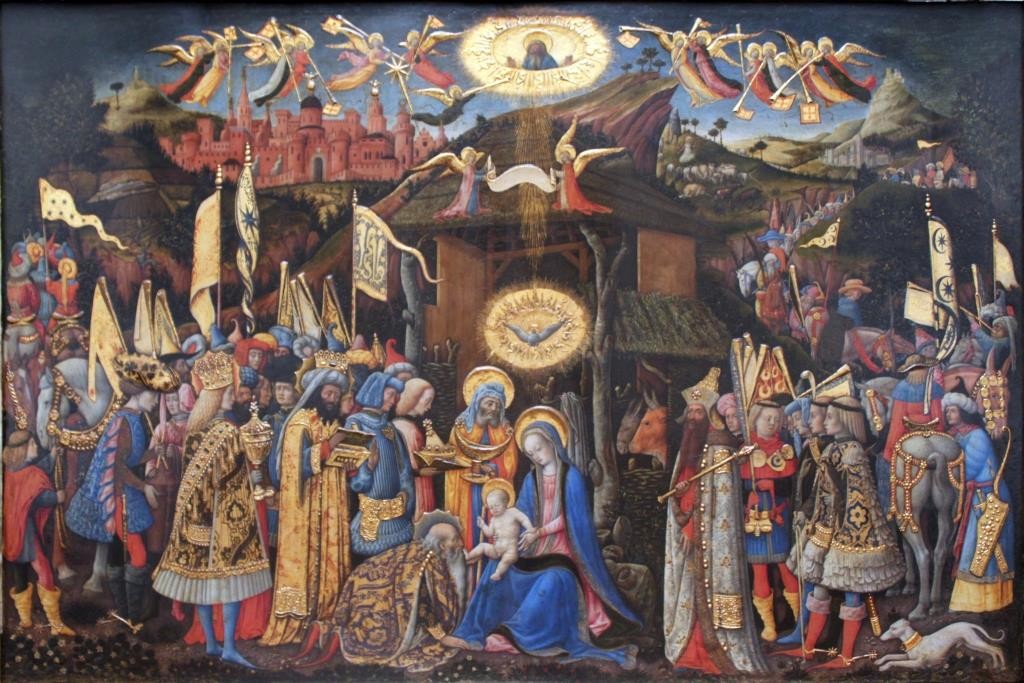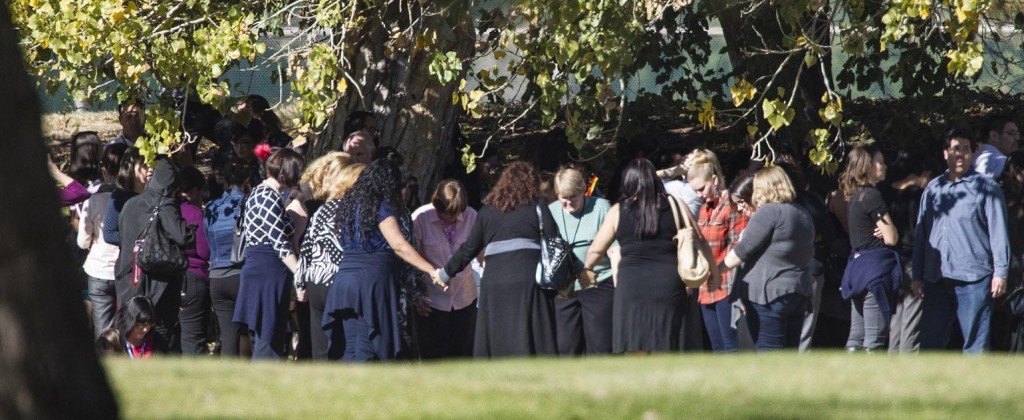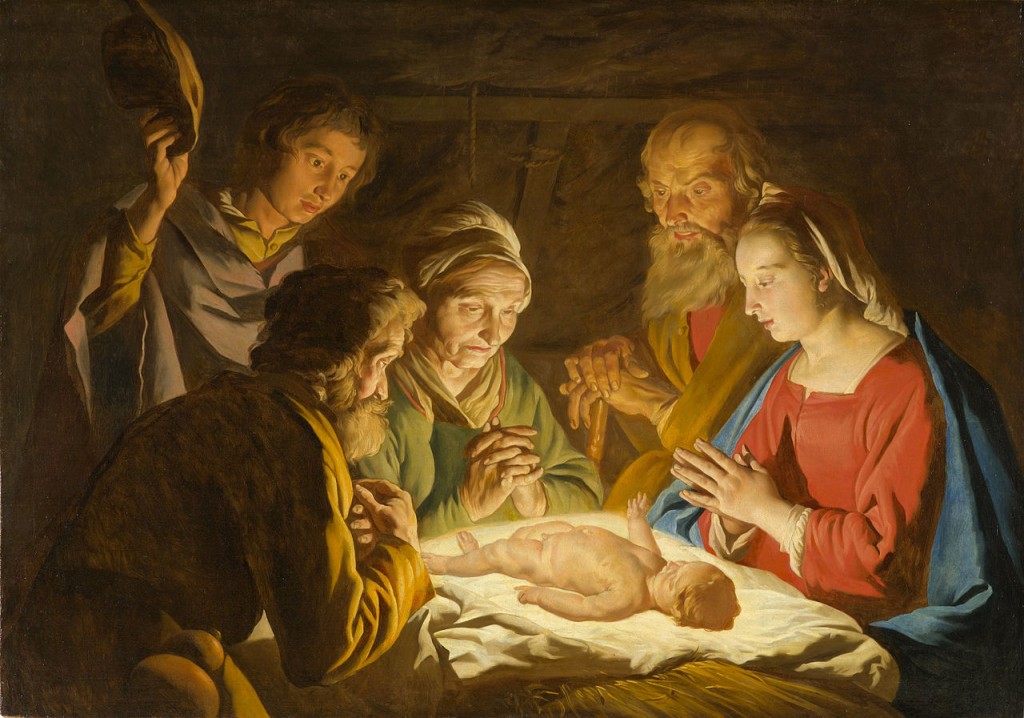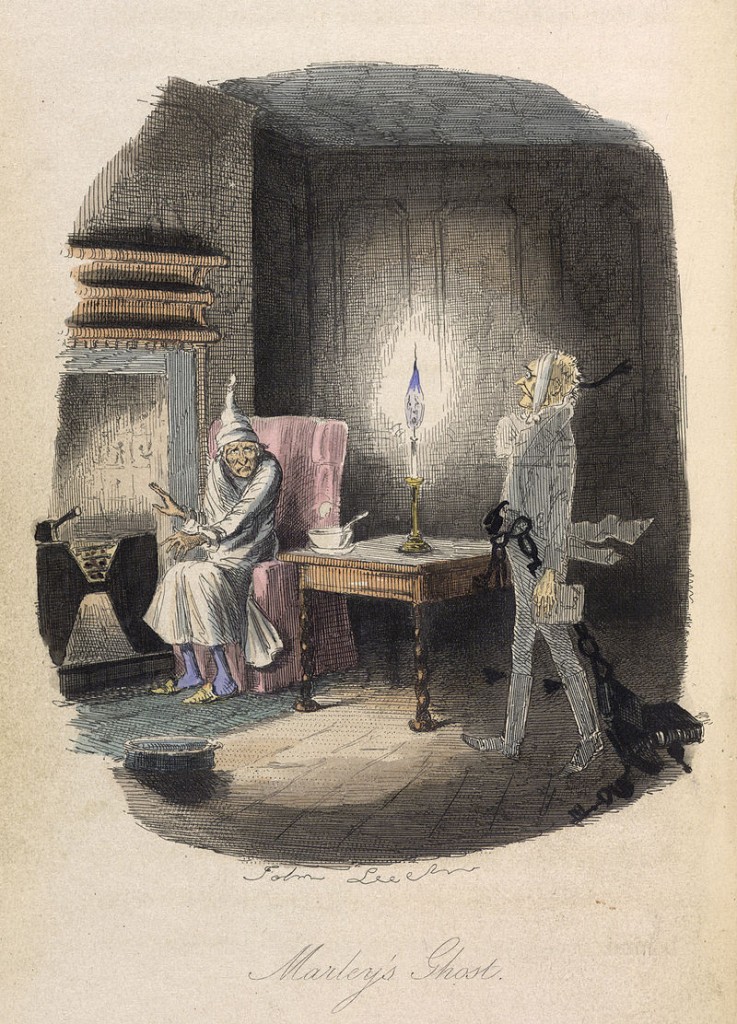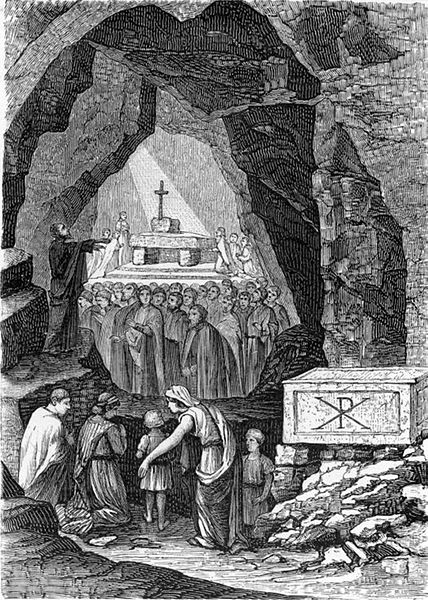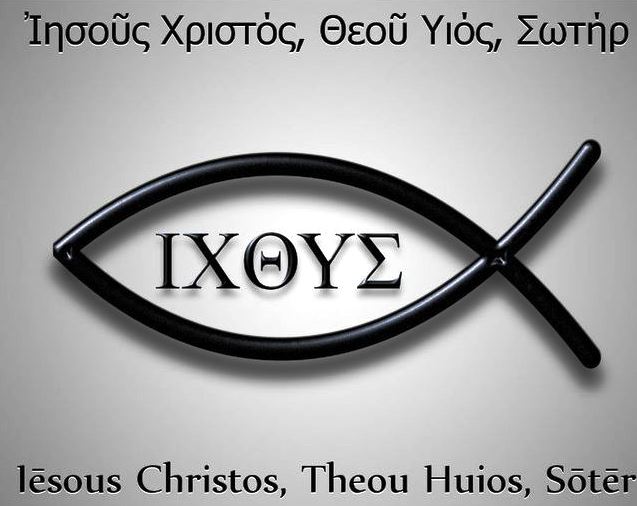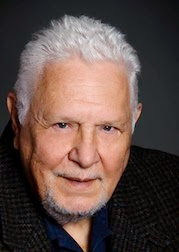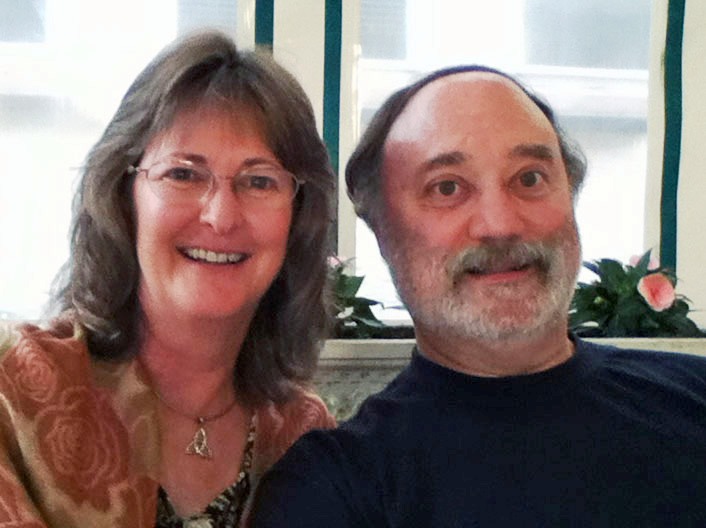Dear Brothers and Sisters,
 Last Friday, it took just eight or nine gunmen to terrorize Paris and alarm the entire Western world, fueling debate about global terrorism and the growing refugee crisis. Though evil is ever-present in our world, and seems to grow more dramatic by the day, we have hope knowing that the day is coming when Jesus will have put down all remnants of evil. I pray that day comes soon, and I’m sure you do too. I also thank God that, as reported to me by Jean Philippe and Marie Angelique, none of our members in France were harmed. Our thoughts and prayers are with those who were injured and all who mourn the death of their loved ones.
Last Friday, it took just eight or nine gunmen to terrorize Paris and alarm the entire Western world, fueling debate about global terrorism and the growing refugee crisis. Though evil is ever-present in our world, and seems to grow more dramatic by the day, we have hope knowing that the day is coming when Jesus will have put down all remnants of evil. I pray that day comes soon, and I’m sure you do too. I also thank God that, as reported to me by Jean Philippe and Marie Angelique, none of our members in France were harmed. Our thoughts and prayers are with those who were injured and all who mourn the death of their loved ones.
When terrible things like the Paris attacks occur, I remind myself that the fullness of God’s kingdom is yet to come. I also remind myself that we are blessed to experience God’s kingdom now in our relationship with Christ, by the Spirit, under the grace of God. But I’m also aware that we live as aliens in a tainted world where the kingdom’s fullness is not yet seen. As the apostle Paul tells us, we live in the present evil age while we hope for the age that is yet to come (Galatians 1:4; Ephesians 1:21).
It can be perplexing, even discouraging to know that before we fully experience that new age, we must continue through this time of evil with the pain it brings. But we are encouraged knowing that events like those in Paris are not outside God’s love for us. Though we face events we don’t understand, we have faith and hope knowing God is fully present and is suffering with us. We know this because he proved his willingness to suffer from evil and bear its pain on our behalf. Yes, we grieve (and we pray), but not as those who are without hope (1 Thessalonians 4:13).
The problem of evil
Philosophers and theologians have wrestled with the problem of evil for centuries, struggling to define its nature and character, as well as to explain why evil continues to exist. A variety of explanations have emerged. Buddhists say evil isn’t something that exists; it’s an illusion (maya). Some atheists say evil is the natural result of a universe without design or a designer. Here is what atheist Richard Dawkins wrote:
In a universe of blind physical forces and genetic replication, some people are going to get hurt, and other people are going to get lucky; and you won’t find any rhyme or reason to it, nor any justice. The universe we observe has precisely the properties we should expect if there is at the bottom, no design, no purpose, no evil and no good. Nothing but blind pitiless indifference. DNA neither knows nor cares. DNA just is, and we dance to its music. (Out of Eden, p. 133)
This atheistic explanation is not persuasive, especially since most of us have had enough bad things happen in our lives that we are convinced that evil is real and ought not be. Although evil is regular (and thus “ordinary”), it’s not necessary nor, in that sense, natural. The proclamation of naturalism that, “What is, is,” does not serve as an explanation of why we sense that what is, ought not be.
The Stoics taught that evil is the corruption of reason and should simply be endured. They advocated indifference to pain, pleasure, grief, and joy. This stiff “grin-and-bear-it” approach to life may sound virtuous, but it quickly becomes empty when an innocent child is kidnapped or you are falsely accused of doing evil. Ignoring evil is not a way of recognizing the evil of evil, and actually dealing with evil is no small task. As C.S. Lewis wrote in The Problem of Pain, “Try to exclude the possibility of suffering which the order of nature and the existence of free-wills involve, and you find that you have excluded life itself.”
Evil exists because God permits and gives humanity the possibility of choice. How we choose to use our wills is horrendous at times, as some misuse their wills in striving for evil. We see this every time there is a terrorist attack, including the one last week in Paris. God gives us the power to choose, to act. We can use our wills to do some good or to do some evil. But there is a strict limit on what we can do. What we cannot do is absolute good or absolute evil. Both our good acts and our evil acts are partial, provisional and temporary. We cannot and do not act as only God can act. We do not define reality, or good and evil for that matter. We act within limits, although those limits always seem to be too unrestrictive when great evils occur. But the fact that we cannot enact absolute good or absolute evil does not mean that there isn’t an absolute good that can and will conquer all evil, which is, in the end, not absolute, but relative to the goodness and power of God. Fortunately we know God in Jesus, who is absolute good, and who conquered evil absolutely so that evil has no future.
Despite this understanding, we still ask, Why doesn’t God stop (absolutely) all evil now? A good number of theologians and philosophers have answered this way: Try to imagine a world where God intervened to prevent carelessness and irresponsible behavior from occurring. There would be no criminal activity, no accidents, and no natural disasters. Sounds good, doesn’t it? Yes, until we realize that such a world would eliminate human choice and will. Whenever God saw something bad start to occur, he would intervene and suspend or modify our wills. This would lead to a world without moral meaning, for every time an evil action began to raise its ugly head, human willing would be overcome by external force and the deliberation to discern and choose the good would become morally meaningless. In such a world there would be no practical difference between a good and an evil action. In other words, we would not be living as human persons who could mirror their creator God in choosing and willing the good. We would, in effect, become non-moral beings, like animals or robots.
So what do we do with evil? A common Christian explanation is to combat and conquer it ourselves with whatever means are at hand. But this “fight fire with fire” approach poses a major problem—it can be a stumbling block to belief in God. It both grants too much to evil (as evil as evil is) and not enough to what God has done, is doing and will do through his and our doing good. What Paul tells us (in Romans 12:21) is that as God’s children, rather than being “overcome by evil” we are to “overcome evil with good.”
It is not uncommon for those struck by tragedy to question their faith, or even abandon it when facing the pain that evil brings. In those situations it can seem that evil is as real or more real than God and his goodness. If we attempt to combat evil and conquer it simply by sheer force of our own strength, “fighting fire with fire,” we get lost in our own efforts and can quickly spiral down a path of unbelief—believing that evil has the same or greater status as good. We also can be tempted to believe that good cannot overcome evil, not even God’s good! Conversely, when we focus on God’s sovereignty as displayed in Jesus Christ during a time of evil—in the midst of pain and grief—we can experience his comfort in the truth that he is with us in the midst of our suffering, and that evil has no future.
The trust that yields hope
Of course, when we face suffering as the result of evil, it can seem to us that God is at a distance, standing back from the evil that confronts us, or otherwise is uninvolved in our situation. But the opposite is true—God is always with us. As Phillip Yancey wrote in Disappointment with God, “All feelings of disappointment with God trace back to a breakdown in that relationship.” That breakdown always occurs on the human side as we are challenged to have faith in God—to trust that he is good and can and has overcome evil. That trust in God gives us hope and in hope we can act here and now on the basis of the truth concerning the ever-present God who accompanies us in our suffering.
To show his willingness to join us in our suffering, the eternal Son of God came in the flesh as Jesus and made his dwelling with us. And though he was rejected by many, Jesus made atonement for all through his life, death, resurrection and ascension. What Jesus has done for us shows clearly that God does care for us and is with us now in our suffering, and one day, in triumph, will bring in the fullness of his kingdom where there will be no more evil and the suffering it causes. God’s desire is to be in a loving relationship with each one of us—living in us, experiencing our suffering and our joys with us, all the while changing us from the inside out. We can meet and know Jesus in suffering and in hope.
Along with his mission to change us from the inside out, Jesus works to turn the world inside out. Yes, there is evil in this present age, but we live here not in fear and despair but with hope and confidence knowing that “The one who is in you is greater than the one who is in the world” (1 John 4:4). Most assuredly, one article like this cannot answer everything about evil and suffering. But I hope it brings you some comfort as we are reminded that, on a day and in an hour that no human knows, Jesus will bring an end to the actual nonsense that ought not be.
As we await that blessed hope, let’s join together in praying for the time when there will be no more terrorism, no more cancer victims, no more drive-by shootings, no more tears and sorrow. Right now, life is not fair, but God is, as we clearly see in the whole life of Jesus. He does not allow anything he cannot redeem. Fair and loving, he has made just and fair provision for all through his life, death, resurrection and ascension. In Jesus we see that God takes no pleasure in our suffering and has acted decisively to bring it to an end. We may not yet see this end clearly now, but we most certainly will see it and experience it fully in eternity.
Be encouraged dear sisters and brothers, God is faithful. He will finish what he has started.
Maranatha! Come quickly, Lord Jesus,
Joseph Tkach






